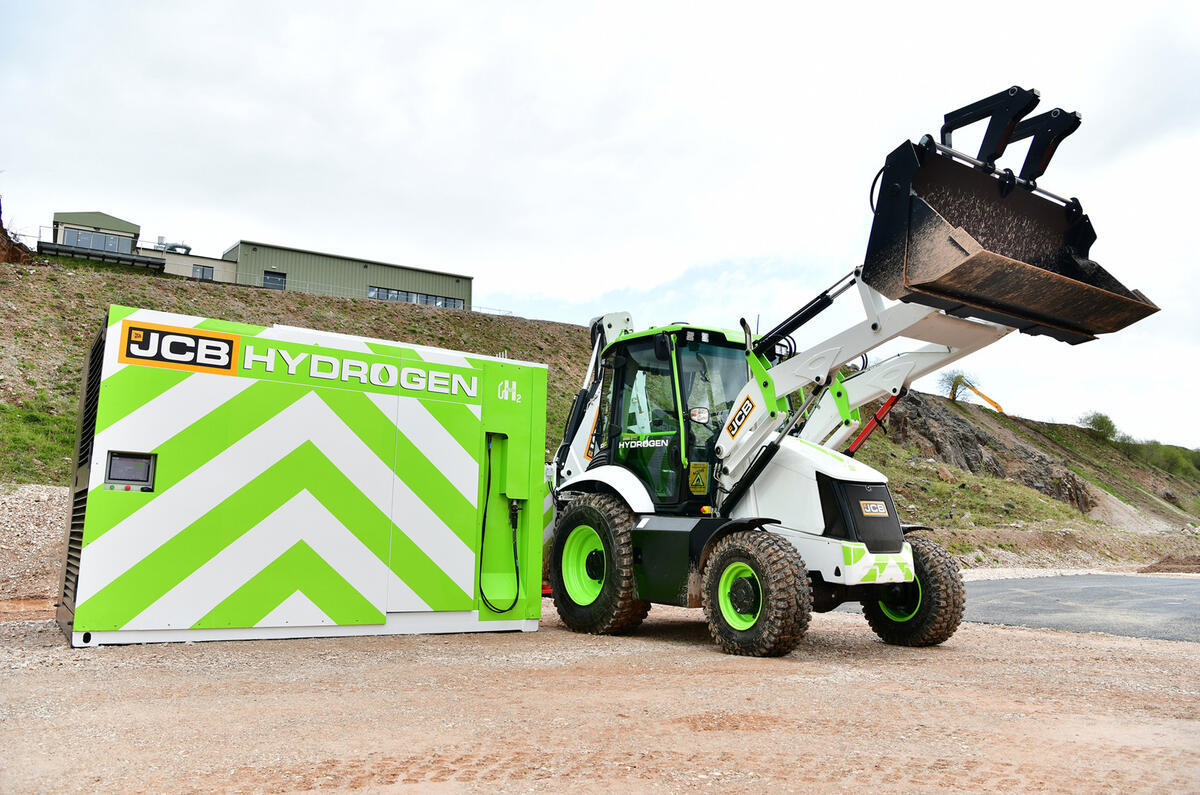As most of us realise even when we are all 'forced' into EV's to save the planet big business , ships , aircraft and heavy machinery will continue to burn dead dinosaurs for years to come .
My wife is a perfect candidate for an EV , the farthest she drives herself is an 80 mile trip to her sisters house , she has two routes , a nice 95% motorway cruise or a pretty cross country route . We have off street parking to charge the car and her sister the same.
Her ancient 1.8 Petrol Vauxhall Zafira covers less than 2000 miles a year, to be honest you could argue she does not really need a car but she refuses to drive my C55 AMG - no idea why

- I have asked her many times if she wants a new car but she can not see the point (if I'm honest neither can I) . But ,if one day she does see the need I will have a look at an EV.
Hard to justify though , other than normal wear/service items the Zafira has only needed a new thermostat in 16 years and 65K miles , the aircon is playing up a bit , but I'm on it (it had 10K on it when she bought it) It has never been garaged and only polished twice since we got it and has no rust (the same can not be said of my 2006 MB , but that's a different thread) .
To sum up: the kind of people (SWMBO) who would get the most out of an EV have no need to go to all the expense of getting one ...until being forced into it by legislation. Forcing a perfectly good (but incredibly dull) Zafira going off to the crusher - there is an argument to send ALL Zafira's to the crusher, but that again is different thread

)
Again , it is all down to decent infrastructure for EV's to work for all.



/eVito_Panel_Van_MB_SSPIP152156.jpg)

